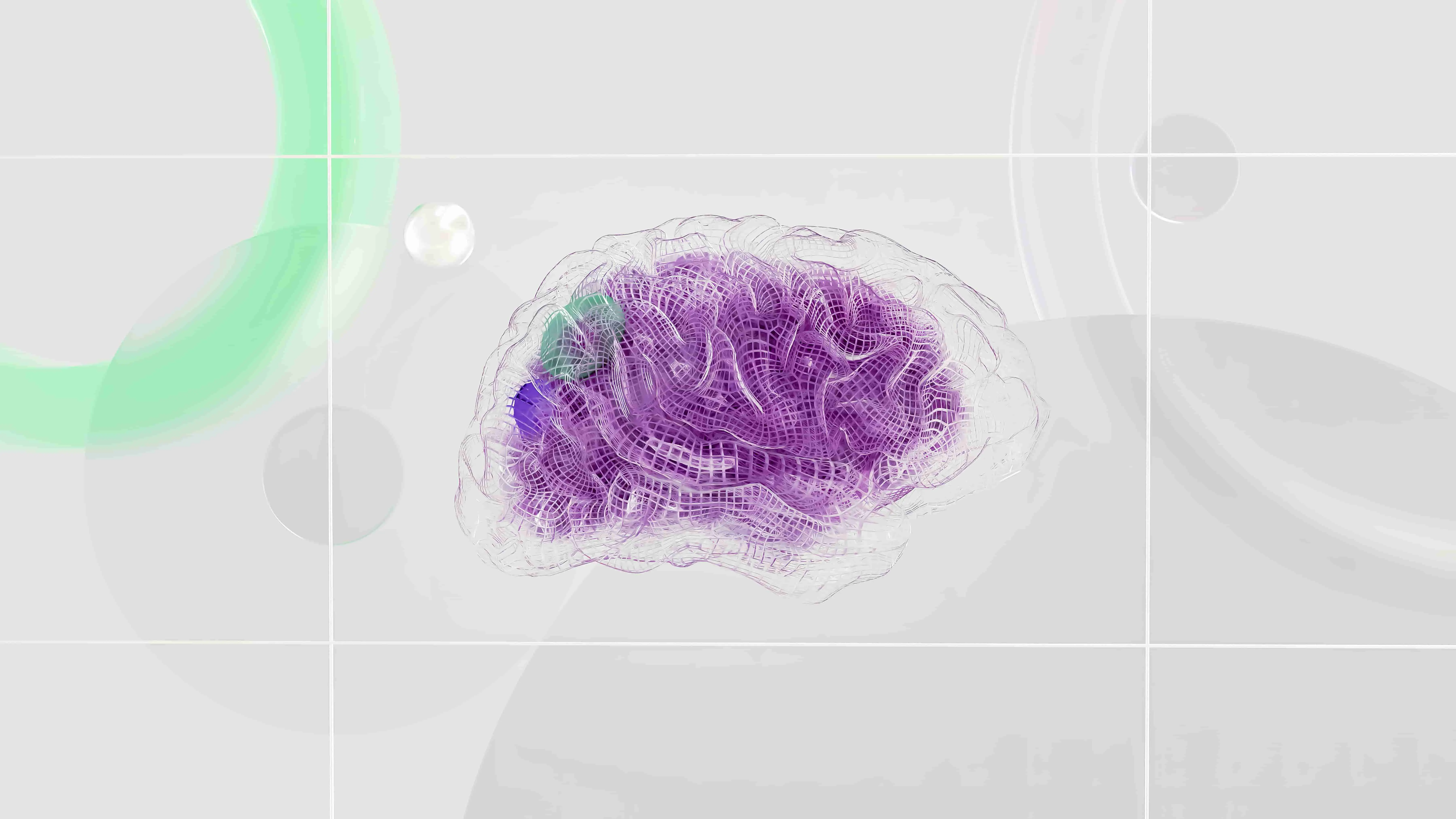For years, biomedical research has relied heavily on human expertise to make significant breakthroughs. However, recent advances in artificial intelligence (AI) are poised to transform this landscape. Scientists are now developing AI agents that can collaborate with human researchers, sifting through vast amounts of data, generating hypotheses, and even guiding experiments. This shift from traditional AI tools to more interactive, decision-making AI agents could dramatically speed up discoveries and make the research process more efficient.
What Are AI Agents and How Do They Work?
AI agents are advanced intelligent systems designed to operate autonomously, make decisions, and learn from experience. Unlike traditional machine learning (ML) models that perform single, pre-defined tasks, AI agents can reason, plan, and engage with their surroundings much like human scientists. These agents combine the capabilities of large language models (LLMs) with other machine learning tools and experimental data, assisting researchers at every stage of their work.
AI agents excel at breaking down complex problems into manageable steps. This allows scientists to tackle large-scale projects that may be overwhelming to address manually. By incorporating sophisticated methods, these agents can help formulate hypotheses, design experimental plans, and analyze outcomes.
These agents coordinate various AI models and tools, creating “compound systems” equipped with modules for learning, reasoning, and interaction. For instance, one AI agent might handle data analysis while another adjusts research questions based on findings. This collaborative use of multiple AI functions makes them especially effective in biomedical research.
Applications in Biomedical Research
AI agents are set to revolutionize several key areas within biomedical science. In cell and molecular biology, they can simulate virtual cellular environments to predict how genetic changes or drug treatments affect cell behavior. This accelerates the understanding of diseases and helps identify potential therapeutic targets. In drug discovery, AI agents can analyze complex data involving chemical structures, biological pathways, and historical research, even proposing new compounds and guiding laboratory testing. Genetic research is another area where these agents shine, sifting through vast datasets from genome-wide studies to pinpoint genetic variations linked to diseases and suggesting experimental follow-ups.
The Levels of AI Agent Autonomy
The research outlines different levels of AI agent autonomy, from simple task assistants to highly advanced systems that can operate like human scientists. These levels range from Level 0, where agents use ML tools without independent decision-making, to Level 3, where they can create and test entirely new hypotheses autonomously.
- Level 0: No true AI agent; ML models perform specific, pre-defined tasks.
- Level 1: AI agents assist with narrow tasks but need human-defined instructions.
- Level 2: AI agents collaborate with scientists, taking on more responsibility in hypothesis generation and experimental planning.
- Level 3: AI agents operate similarly to human researchers, generating creative, novel hypotheses and refining experiments with minimal oversight.
Why Are AI Agents Transformative?
The complexity of biological systems often makes traditional research slow and resource-intensive. AI agents offer the ability to handle repetitive tasks, sift through massive datasets, and conduct analyses much faster than human researchers. This efficiency allows scientists to dedicate more time to creative problem-solving and interpreting results, speeding up the entire research process.
Another benefit of AI agents is their ability to manage the ever-growing volume of scientific data. They can continually update their knowledge with the latest findings and refine their processes over time, making them invaluable for keeping pace with rapid advancements in the field.
Challenges and Considerations
Despite their promise, AI agents come with challenges. One major concern is reliability; these systems need to be highly accurate and robust to avoid errors that could lead to incorrect conclusions. Ensuring that AI agents do not fabricate data or make baseless assumptions is essential. Ethical and safety considerations are also important, particularly if AI agents are involved in designing experiments or interacting with laboratory equipment. Lastly, data quality poses a challenge, as AI agents rely on diverse, high-quality data to perform well. Limited or poor-quality data can reduce their effectiveness.
Looking Ahead: The Future of AI in Biomedical Science
The integration of AI agents into biomedical research promises faster, more efficient discovery processes that could revolutionize everything from basic science to clinical trials. As AI agents continue to develop, they are expected to become indispensable tools, empowering scientists to push the limits of what is currently possible.
With more refinement, AI agents could help uncover new biological mechanisms, design targeted therapies, and accelerate medical innovation. Far from replacing human researchers, their role will be to enhance and empower human creativity by handling data-intensive tasks, thus advancing the field of biomedicine in new and exciting ways.


